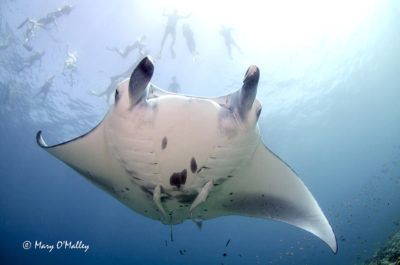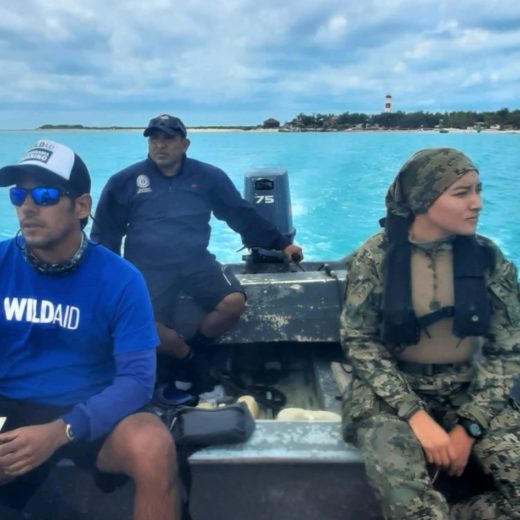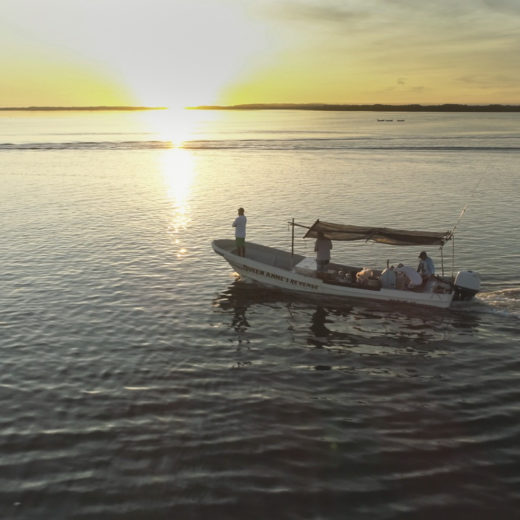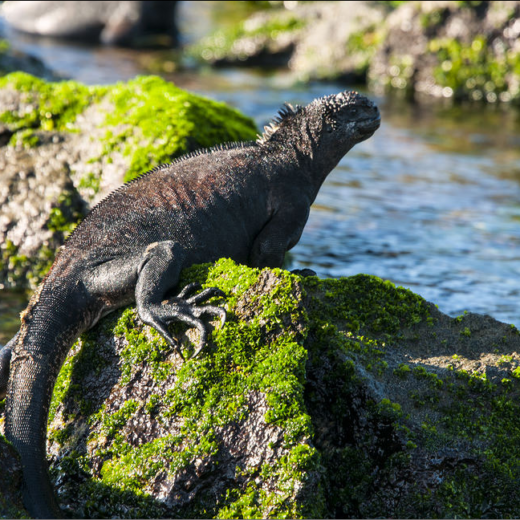
Delegates to the Convention on International Trade in Endangered Species of Wild Fauna and Flora (CITES) have taken the significant step of voting to protect two manta ray and five shark species at the 16th Conference of the Parties in Bangkok, Thailand this past week. Sharks have been heavily targeted for their fins and mantas for their gills, despite the species’ proven value to ocean ecosystem health and to global ecotourism.
Species need a 2/3 vote in favor among member countries in order to be listed on the Appendices of CITES, the only international treaty empowered to designate which species are in sufficient danger of extinction to warrant protection from trade. The following shark and ray species were proposed and voted for inclusion in Appendix II yesterday at the meeting in Bangkok, Thailand:
Oceanic whitetip shark; proposed by Brazil, Colombia and United States of America with 92 countries voting in support of listing them for protection.
Scalloped hammerhead shark, great hammerhead shark and smooth hammerhead shark; proposed by Brazil, Colombia, Costa Rica, Denmark*, Ecuador, Honduras, and Mexico with 91 countries voting in support of listing them for protection.
Porbeagle; proposed by Brazil, Comoros, Croatia, Denmark* and Egypt with 93 countries voting in support of listing them for protection.
Manta rays (all species); proposed by Brazil, Colombia, and Ecuador with 96 countries voting in support of listing them for protection.
Conservation organizations Shark Savers and WildAid celebrated these victories today, noting the significance of the successful vote in favor of manta rays despite CoP16 being the first time the species were proposed for protection.
(By contrast, achieving the votes the much-needed protection for the several shark species took several attempts over multiple years and CITES meetings). Shark Savers’ and WildAid’s Manta Ray of HopeProgram, and partner the Manta Trust, took the lead in educating CITES delegates on the importance and economic value of protecting manta rays. The 2012 Manta Ray of Hope report, Global Threats to Manta and Mobula Rays, was the first comprehensive study to document the global decline of manta populations due to the trade in gill rakers.
Shawn Heinrichs, leader of Manta Ray of Hope Program, said, “This is truly a great day for sharks and mantas—a day long overdue. Sharks and their charismatic cousins, the manta rays, can generate tens of millions of dollars annually through ecotourism and hold an important and long-lasting value for the overall health of the oceans.”
“The addition of these seven shark and manta species to CITES Appendix II are an important step forward in stemming the incredibly destructive trade,” added Mary O’Malley, co-leader of Manta Ray of Hope Program and a Shark Savers’ Director. “We are so thankful to the international community of CITES delegates for protecting these important and vulnerable species, and to the host country of Thailand for speaking in favor of listing mantas.”
CITES votes are pending until confirmed at the final plenary session on March 14th. Shark Savers and WildAid, along with a strong coalition of conservation organizations and NGOs present at CITES CoP16 will maintain their presence and continue to support these historic listings.
Oceanic whitetips, hammerheads, porbeagles, and mantas populations are threatened by international trade pressures, and are among 182 shark and ray species listed by the International Union for the Conservation of Nature (IUCN) as Vulnerable or Endangered with Extinction.
Stay in touch and get the latest WildAid updates.
SIGN UPAbout WildAid
WildAid is a non-profit organization with a mission to protect wildlife from illegal trade and other imminent threats. While most wildlife conservation groups focus on protecting animals from poaching, WildAid primarily works to reduce global consumption of wildlife products such as elephant ivory, rhino horn and shark fin soup. With an unrivaled portfolio of celebrity ambassadors and a global network of media partners, WildAid leverages more than $308 million in annual pro-bono media support with a simple message: When the Buying Stops, the Killing Can Too.
Journalists on deadline may email communications@wildaid.org


